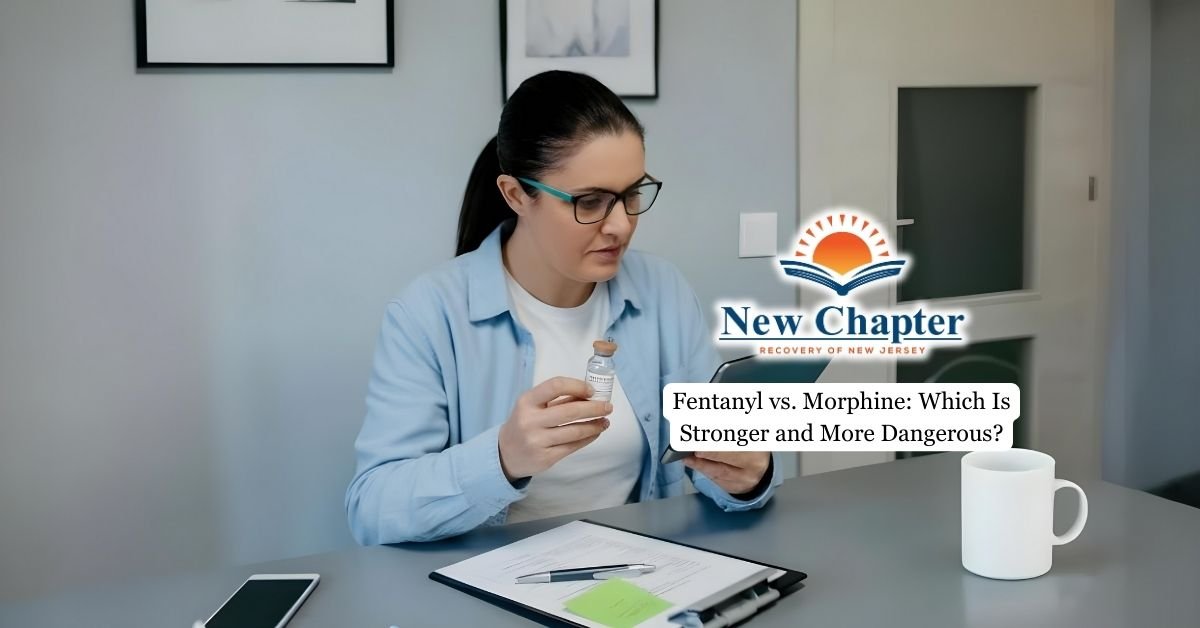As a stimulant that acts on the central nervous system, Ritalin (methylphenidate) impacts brain chemicals related to hyperactivity and impulse control. Although it can be highly effective when taken as prescribed, the misuse of Ritalin has resulted in a growing number of addiction and overdose cases.
This article will delve into the dangers associated with Ritalin overdose, its symptoms, and the significance of understanding proper usage to avoid potentially life-threatening situations.

Causes of Ritalin Overdose
Taking high doses of the medication, whether intentionally or accidentally, significantly increases your risk of experiencing dangerous overdose symptoms. Substance abuse, particularly combining Ritalin with other stimulants like cocaine, can lead to a potentially life-threatening overdose due to the compounded effects on your cardiovascular system.
If you have a history of addiction or mental health conditions, you’re more likely to misuse Ritalin, which can result in consuming dangerous levels of the drug. Accidental overdoses often happen when you forget that you’ve already taken your prescribed dose, leading to unintentional double-dosing.
Lack of medical supervision while using Ritalin can also contribute to complications and increase your risk of overdose, especially if you’re not following the prescribed guidelines.
To prevent Ritalin overdose, it’s essential to adhere to your doctor’s instructions, avoid combining the medication with other substances, and seek help from our addiction specialists here
https://newchapterrecoverynj.com/ritalin-addiction-treatment-new-jersey/,
if you’re struggling with addiction or mental health issues.
Symptoms of Ritalin Overdose
If you suspect someone has taken too much Ritalin, look for telltale signs like a rapid heart rate, severe anxiety, agitation, and even hallucinations. These symptoms indicate that the central nervous system is dangerously overstimulated.
You might also notice physical changes such as rapid breathing, fluctuating body temperature, excessive sweating, chest pain, nausea, or seizures in severe cases.
A Ritalin overdose can have a profound psychological impact too, causing confusion, irritability, paranoia, and suicidal thoughts. Keep in mind that these symptoms can escalate quickly, putting immense stress on the cardiovascular system. This can lead to organ failure, particularly affecting the heart and increasing the risk of a heart attack or stroke.
Make sure to check out this guide if you need more information on the signs and symptoms of ritalin addiction.
Long-Term Effects of Ritalin Overdose
Long-term effects can persist for months or even years after the incident. Overdosing on Ritalin can lead to severe alterations in brain chemistry, resulting in persistent anxiety, hallucinations, and delusions.
You may also face cardiovascular complications, such as chronic high blood pressure and an increased risk of heart attack or stroke. Cognitive impairments, including memory deficits and difficulties with attention and concentration, can hinder your daily functioning.
Psychological issues, such as mood swings, aggression, and a higher susceptibility to mental health disorders, may also arise. As you embark on your long-term recovery, you might experience ongoing withdrawal symptoms like fatigue, depression, and sleep disturbances.
Treatment of Ritalin Overdose
Treatment focuses on managing symptoms and providing supportive care, as there’s no specific antidote for methylphenidate toxicity. Emergency medical intervention is crucial, and it often involves monitoring your vital signs and administering IV fluids to prevent dehydration and manage your heart rate.
If the overdose is identified shortly after ingestion, activated charcoal may be used in a hospital setting to reduce Ritalin absorption.
If you exhibit elevated body temperature during an overdose, cooling measures, such as ice packs or cooling blankets, will be employed to manage hyperthermia. In cases of severe agitation or seizures, benzodiazepines may be administered to help control these symptoms.

Prevention of Ritalin Overdose
To prevent a Ritalin overdose, it’s essential to strictly adhere to the prescribed dosage and avoid exceeding it under any circumstances.
Regularly consulting with your healthcare provider is crucial for monitoring your Ritalin use and addressing any potential misuse or side effects early on. They can help you manage your medication safely and effectively, reducing the risk of health complications associated with an overdose.
Education on the risks of Ritalin misuse should be implemented in schools and communities to raise awareness about safe medication practices and prevention strategies. This can help individuals understand the importance of using Ritalin responsibly and the dangers of overdose.
It’s also critical to securely store Ritalin in a safe place to prevent unauthorized access, especially among children or those who may misuse the medication.
Be cautious about combining Ritalin with other substances, as this greatly heightens the risk of overdose and adverse reactions.
Final Thoughts from New Chapter Recovery
Ritalin can be an effective treatment for ADHD and narcolepsy when used as prescribed. However, misuse can lead to addiction and life-threatening situations. At New Chapter Recovery in New Jersey we offer specialized treatment programs designed to address Ritalin addiction and support long-term recovery. Our experienced team provides comprehensive care, including medical detoxification, therapy, and aftercare support. We aim to help individuals overcome Ritalin addiction and regain control of their lives.






